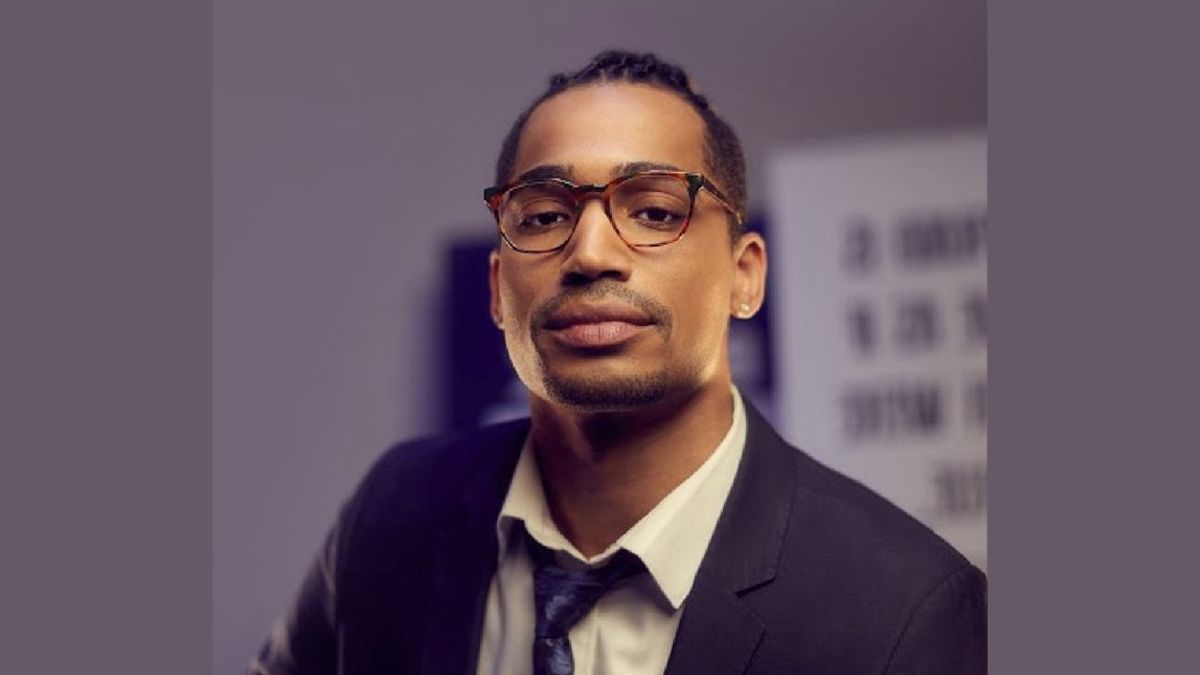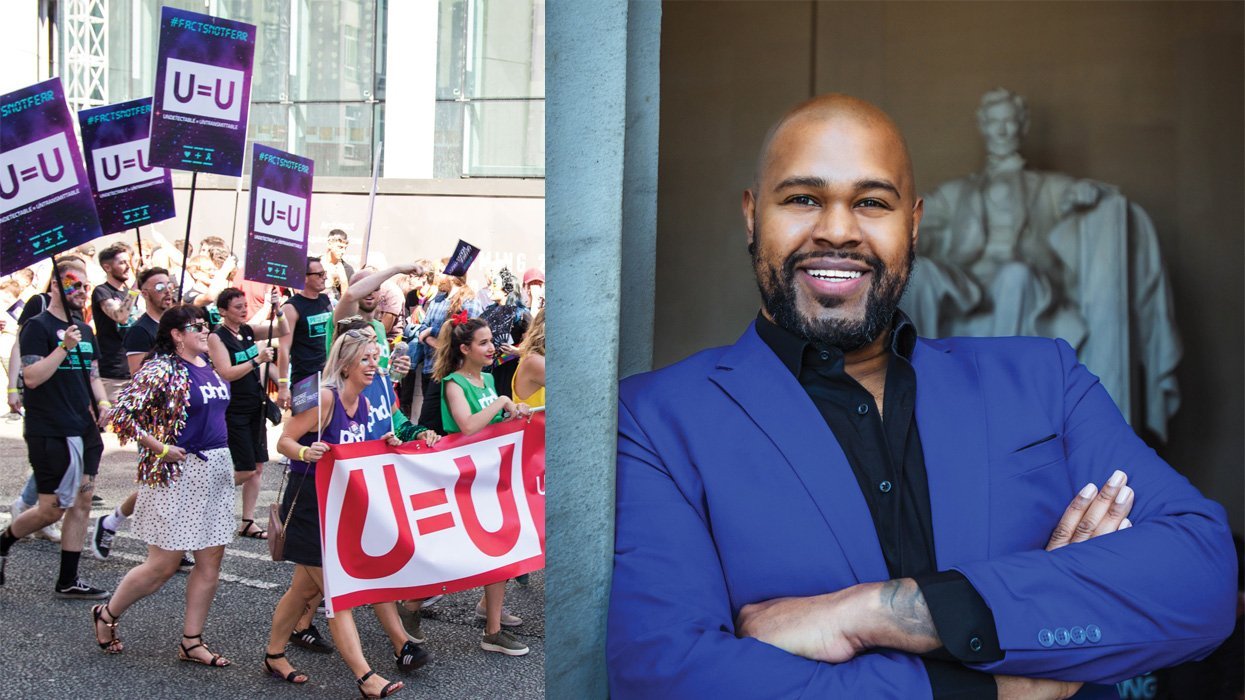Today is National Gay Men’s HIV/AIDS Awareness Day — and we were fortunate enough to get a chance to chat with the director of HIV & Health Equity at the Human Rights Campaign (HRC), Torrian Baskerville.
Baskerville is a racial and social justice advocate, activist, and health equity leader in the LGBTQ+ and HIV communities. Throughout his career he’s believed in prioritizing community-based, grass-roots tactics in his work and has remained focused on addressing the needs of often disenfranchised or marginalized communities — particularly gay, bisexual, and other same-gender-loving men of color, people living with HIV, and youth and young adults.
With over a decade of diverse experience in these areas, Baskerville brings a refreshing array of innovative ideas and approaches to the HRC’s various health and wellness programs. He oversees the organization’s national HIV portfolio, which focuses on combatting HIV stigma and racial and social discrimination, and also on “ending HIV through changing the narrative, building a new system for change, and developing and advancing public policy.”
Baskerville explains why changing the narrative around HIV is key, especially within Black and brown communities. He also reminds us that adding topics like sexual pleasure and personal empowerment to the conversation is equally important.
“As a person who personally enjoys sex a particular way, it was important that we take a stance that is inclusive of everyone,” he says. “And that it's not about being safe — because ‘safe’ somehow says that something is unsafe or something is damaging or there's a deficit.”
So rather than focus on the negatives around HIV and other STIs, Baskerville stresses that it’s really more about getting people to feel in control of their sexual health and wellness.
“How do we look at health — regardless of your status, regardless of what you enjoy — how do you maintain healthiness in what you're doing? And so we really are intentional about ensuring that we're coming from a strength-based approach and not a deficit approach, and one that says, hey — however you show up, whoever you are, whatever you like, whatever you engage in — how do we take that and empower you to take control over your health, take control over your health outcomes, take control over your sexuality, over your desire, while also centering pleasure? Because oftentimes we don't center pleasure, we center other things,” Baskerville explains. “And so how do we center pleasure in this conversation around sex and not shame people for wanting to engage in sex or the types of sex that they're engaging in.”
One HRC program he’s especially excited about is its Wellness in Action initiative, which was recently expanded under Baskerville’s leadership. The program works in partnership with organizations like CVS Health to provide people access to at-home HIV testing as well as to real-world resources that may be needed after testing, such as connection to HIV prevention methods or treatment.
“We're partnering with organizations nationally to disseminate HIV self-testing kits to individuals who may never walk into a brick and mortar to get tested for HIV” he says. “So, we're addressing stigma. We're addressing the challenge of folks knowing their status and doing it in a way that makes people comfortable and also provide support. Because typically, national HIV self-testing strategies have only focused on sending out testing kits. Our program is different in that we're partnering with other organizations…to also think about what's happening once people have taken the test.
Read our full interview with Torrian Baskerville in the upcoming November/December 2023 issue of Plus magazine. Click here for more information about the HRC’s HIV & Healthy Equity programs.
From Your Site Articles
Related Articles Around the Web

















































































